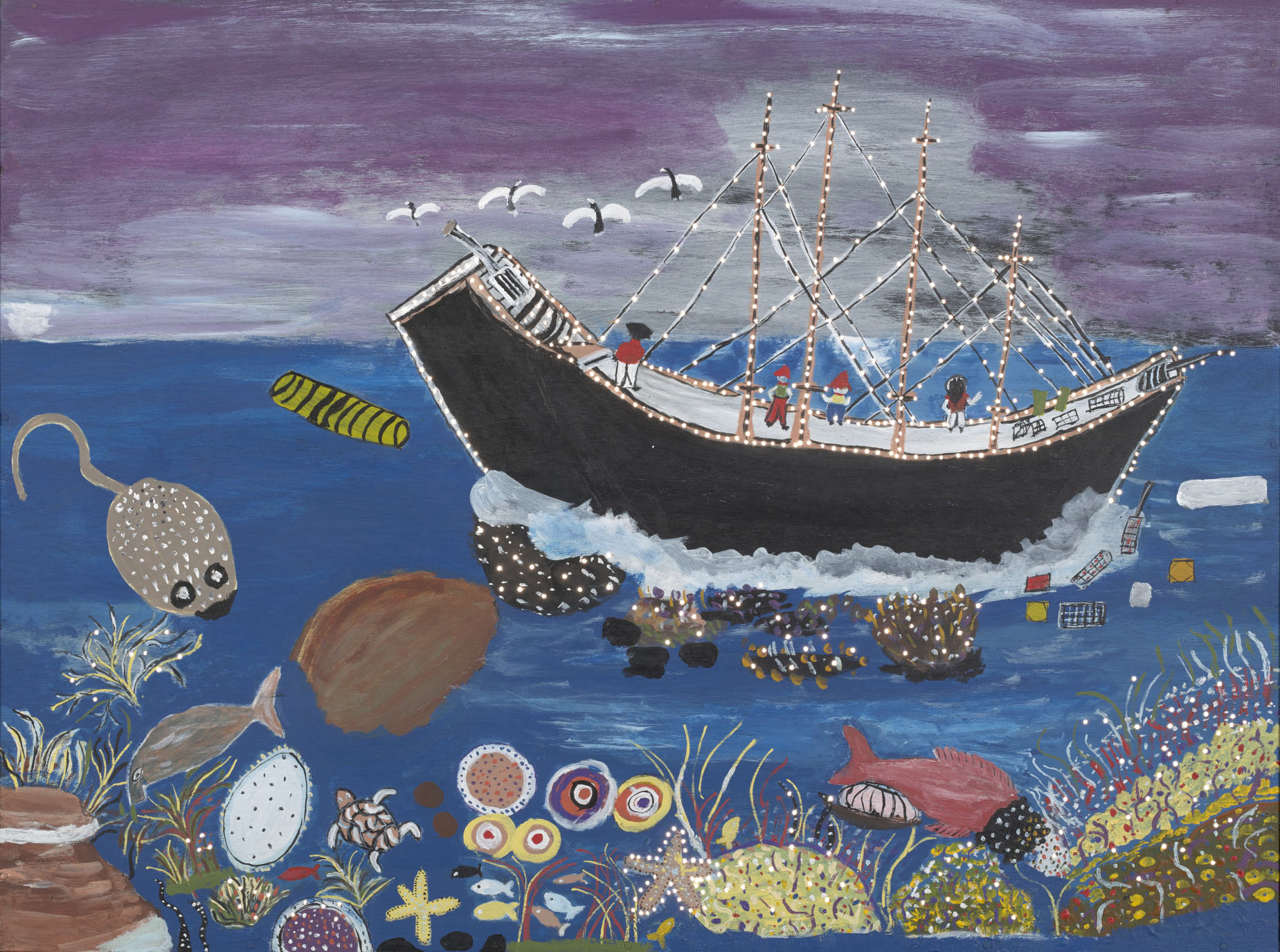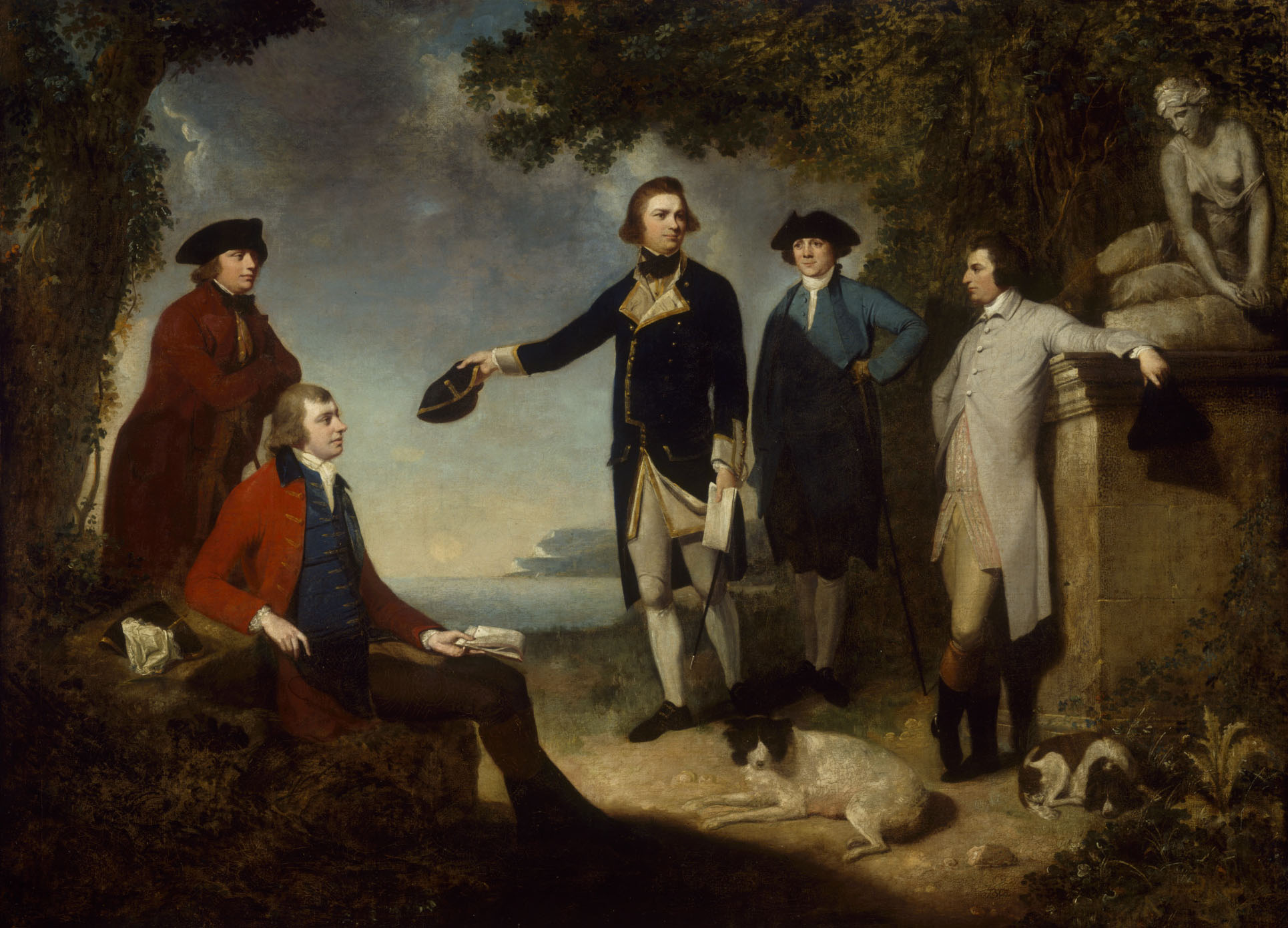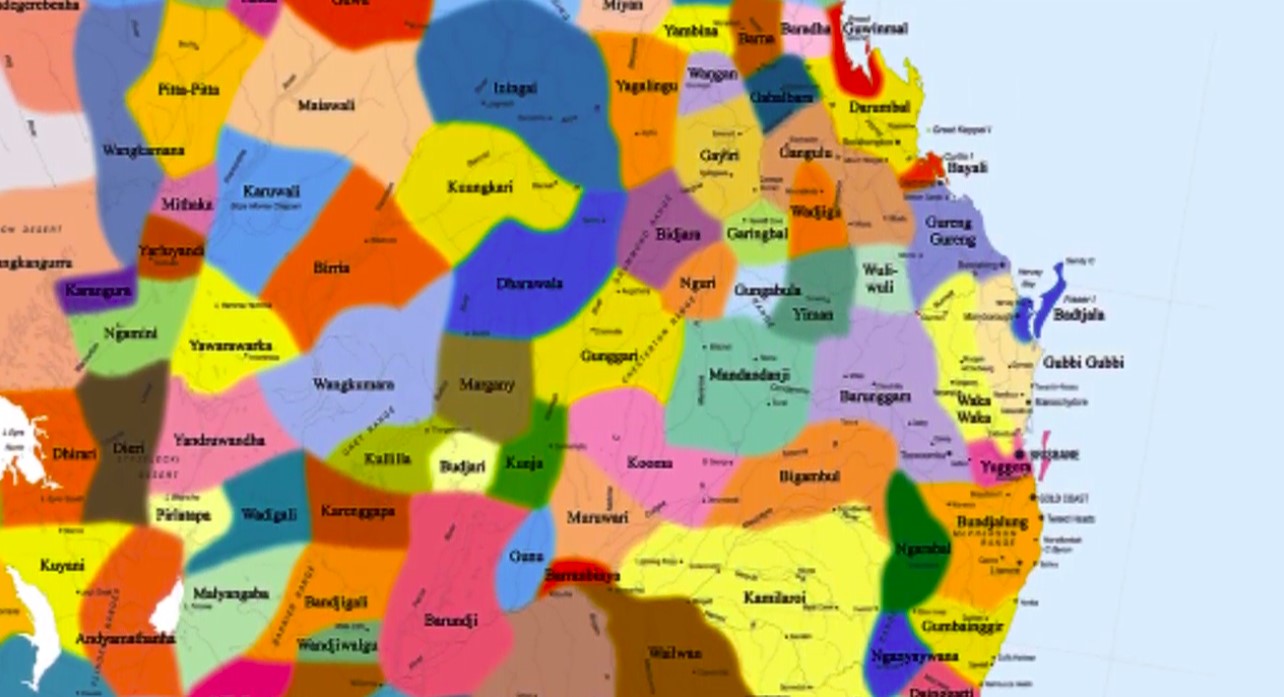Guugu Yimidhirr language game
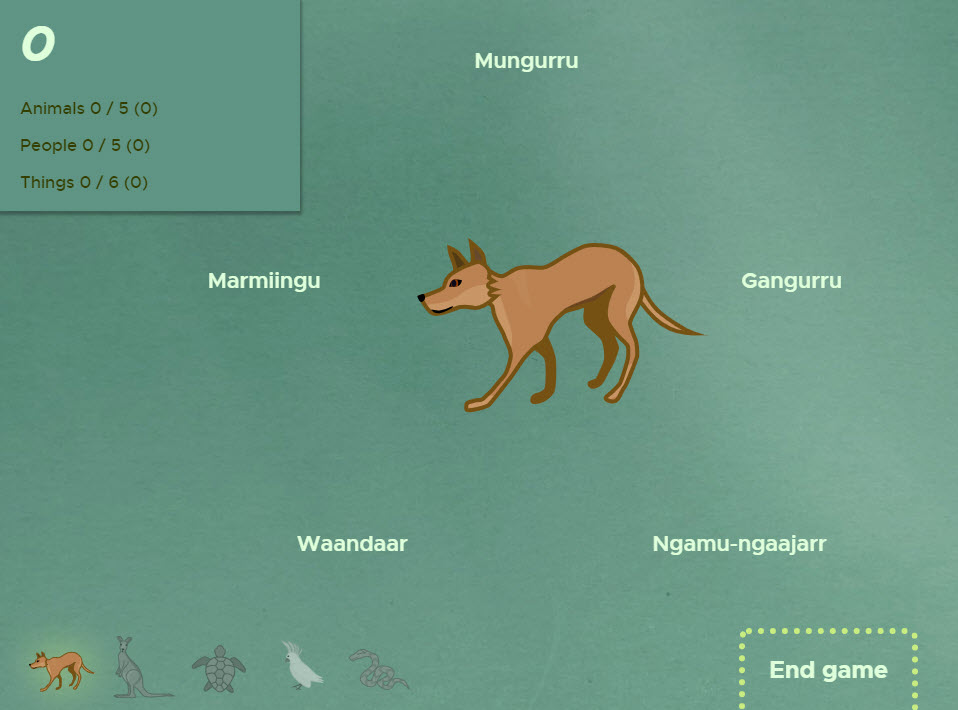
Match words in Guugu Yimidhirr language with words recorded by James Cook’s 1770 Endeavour crew in this fun, free game for school-aged children.
About Talkin’ Guugu Yimidhirr
Did you know when you say ‘kangaroo’ you are speaking a Guugu Yimidhirr word? Guugu Yimidhirrr is the language of the Guugu Yimidhirr people from Far North Queensland.
This word and many others were recorded at Waalumbaal Birri (Endeavour River) when James Cook’s Endeavour was there for repairs in 1770. The word list is the first European recording of an Indigenous Australian language. Many of these words are still in use.
Players match Guugu Yimidhirr words collected by Joseph Banks and Sydney Parkinson with illustrations.
Once the correct word is matched with the body part, animal or object, interesting and fun facts about them appear.
Instructions are purposefully vague to give players insight into the challenges the Guugu Yimidhirr people and the Endeavour crew may have experienced when communicating with each other.
The game was created as part of the Endeavour Voyage online exhibition.
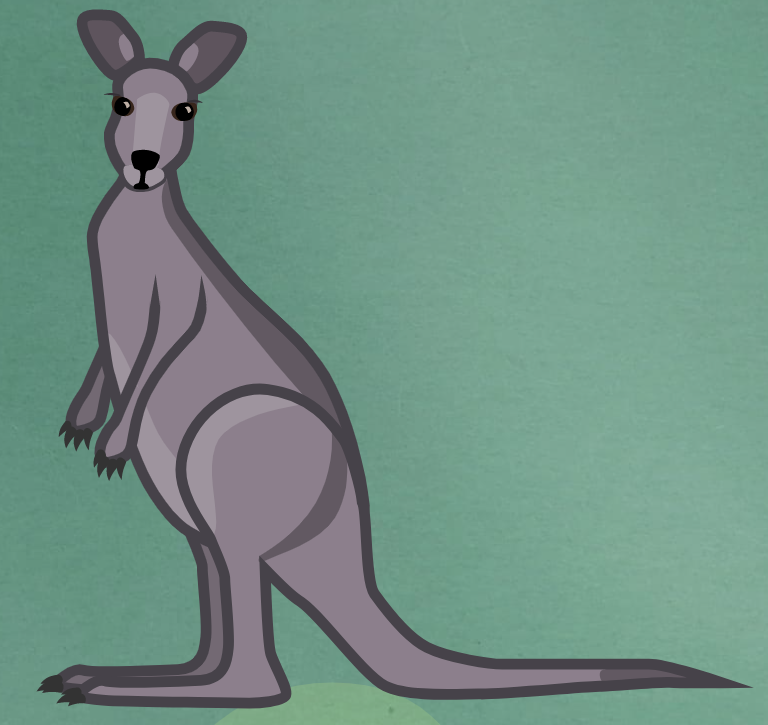
Who’s talkin’?
The cheeky and energetic voice you hear in the Talkin’ Guugu Yimidhirr game is Harold Ludwick. Harold is a Buldun Warra man whose traditional lands lie west of Cooktown.
Harold is passionate about sharing his knowledge of Guugu Yimidhirr culture.
Australian Curriculum links
Year 4 History
The diversity of Australia’s first peoples and the long and continuous connection of Aboriginal and Torres Strait Islander Peoples to Country/Place (land, sea, waterways and skies) (ACHASSK083).
The nature of contact between Aboriginal and Torres Strait Islander Peoples and others, for example, the Macassans and the Europeans, and the effects of these interactions on, for example, people and environments (ACHASSK086).
Year 4 English
Understand that Standard Australian English is one of many social dialects used in Australia, and that while it originated in England it has been influenced by many other languages (ACELA1487).
Understand that social interactions influence the way people engage with ideas and respond to others for example when exploring and clarifying the ideas of others, summarising their own views and reporting them to a larger group (ACELA1488).








